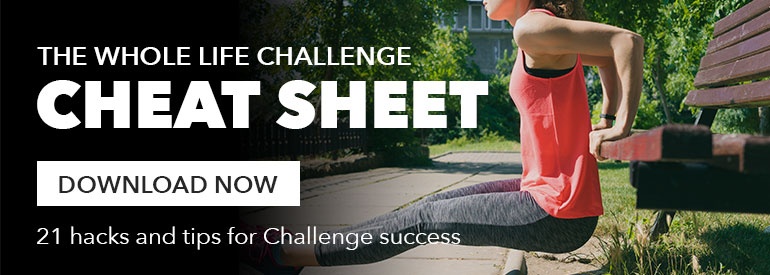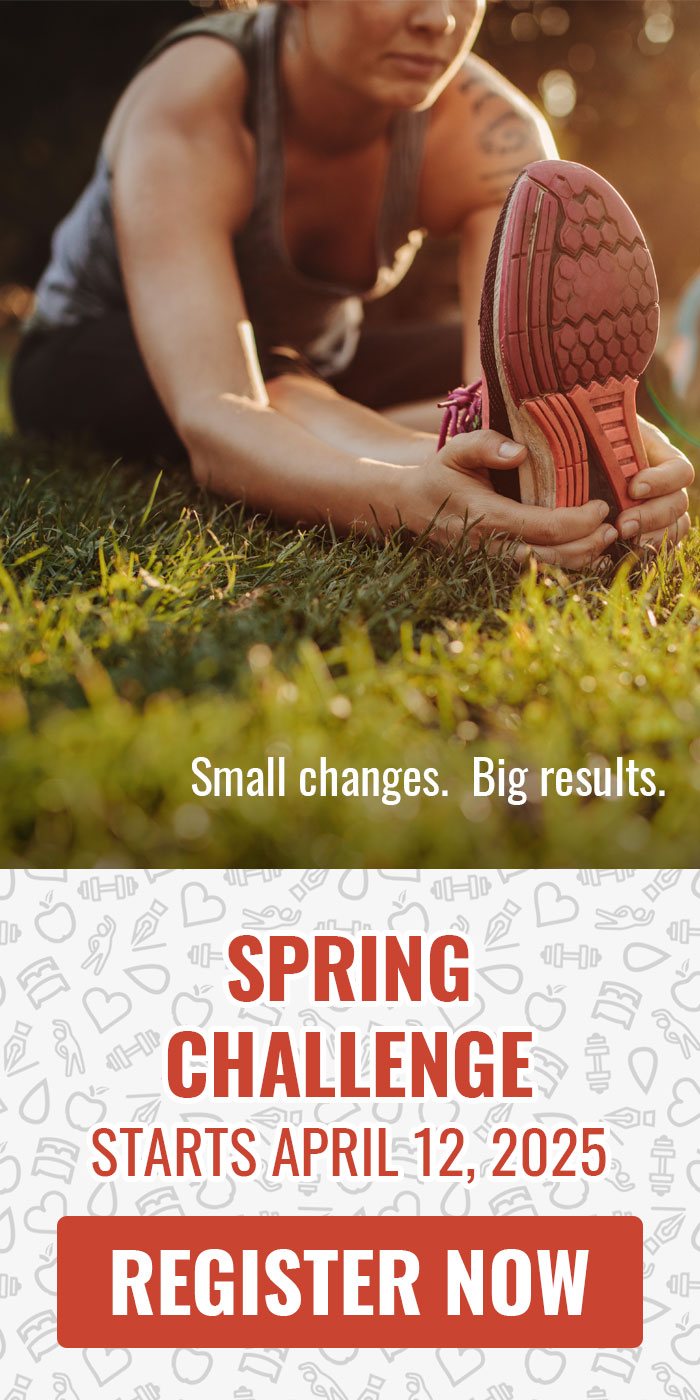 Reading Time: 3 minutes
Reading Time: 3 minutesThe Off-Season WLC Skill Practices are mini-challenges intended to help you fine-tune different aspects of your health and wellness. Offered between Challenges, these weekly practices address fitness, nutrition, stress reduction, productivity, and personal connection — because health is about far more than food and the gym (and we could all use a little practice).
Go Bread Free Every Day This Week
This week, we’re leaving flour-containing foods behind. This means you’ll spend seven days without eating bread, pastries, pasta, cookies, and most other baked goods.
Simple Instructions:
- For the next seven days, omit flour-containing foods from your diet.
- The list is short and simple: bread, breakfast cereals, pancakes, pastries, pasta, cookies, cakes, and pizza top the list of common foods that are made with flour.
Notes for this Skill Practice:
- The intention of this practice is to see how you feel after seven days of flour omission. Frequently reported benefits of excluding flour products from your diet include reduced joint pain and stiffness, easier digestion, and improved energy and focus.
- After seven days, reintroduce flour-containing foods to your life — and pay careful attention to how they make you feel, both bodily and mentally. You can then decide whether to continue eating them or not.
- If you commonly use white and wheat flour substitutes, such as rice flour, almond flour, or other gluten-free flour substitutes, try to spend the week without consuming these flours as well. While they’re certainly a better choice than wheat flour, items made with substitutes still prolong cravings (and tend to come with high doses of sugar), keeping you hooked on baked goods.
Why Is this Skill Practice Important?
While we’re not big fans of flour (or wheat products in general), and we specifically put them on the “No” List for all levels of the Challenge, you’ll ultimately want to decide for yourself whether a food belongs in your kitchen or not.
You can do this experimentally, using yourself as the test case.
Here’s how:
Omit a food from your diet for seven to fourteen days, and then reintroduce it gradually. Along the way, you’ll see what it feels like to be without something (usually crappy at first, and then better as your body adjusts), but more importantly, you’ll see what it feels like to eat it again — the effects it has on your body and mind.
Those first few experiences with reintroduction will show you the effect that food had on you all along, especially those effects that went unnoticed. You’ll suddenly become aware of the lethargy that comes from baked goods, the dehydration that comes with routine alcohol consumption, the inflammation and joint discomfort that comes from sugar.
Note that you don’t need to limit the omit-and-reintroduce protocol to bread and flour products (although we will this week). You can try it with sugar, dairy, alcohol — any food you want to understand in greater depth. It’s a very powerful tool for understanding the relationship between your body, your mind, and the foods you eat.







